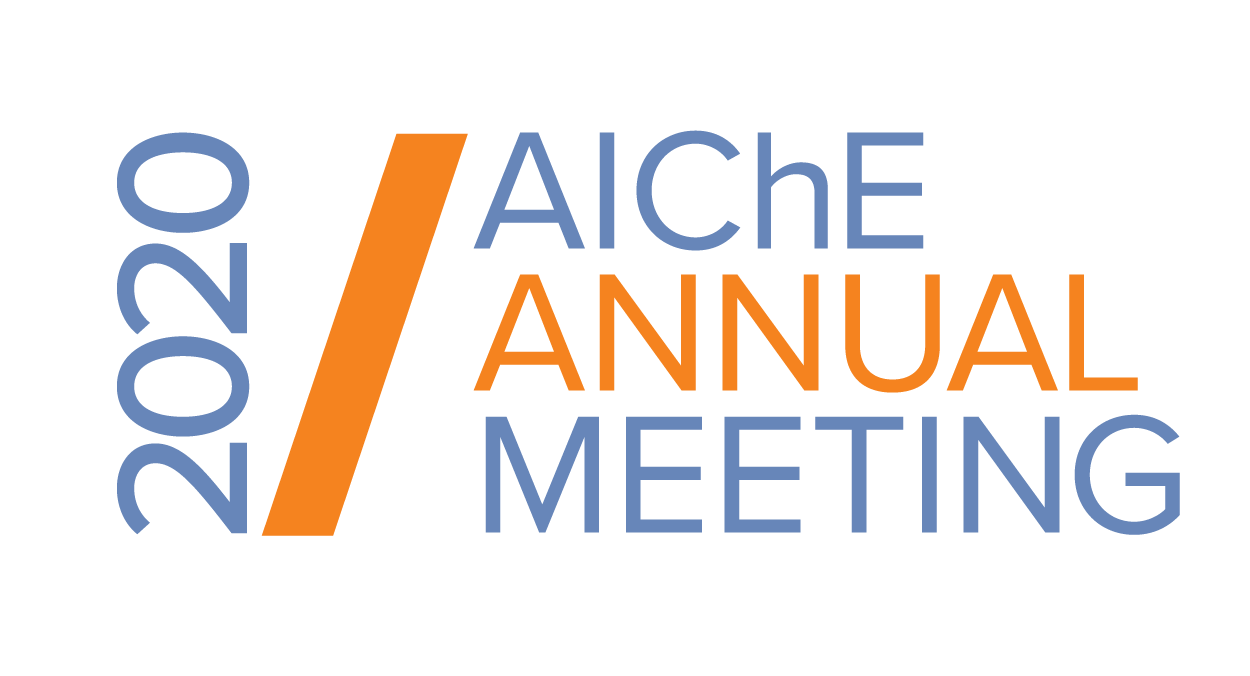

Methane reforming is an important industrial process for hydrogen and synthesis gas production. For example, 95% of hydrogen produced globally in 2018 (70 million tonnes) was obtained via methane reforming. However, methane reforming processes are highly endothermic. To obtain high methane conversion to meet industrial production requirements, the process proceeds at high temperatures, typically in excess of 700 °C and in presence of catalysts. Solar-driven thermochemical processes provide an alternative and sustainable route for methane reforming at high temperature. Supported Ni-based materials are the most commonly used catalysts for this process. Catalytic activity of catalysts depends on the particle size of the metal species. The performance improves with the decrease of metal particle sizes due to increased accessibility to active sites. However, rapid deactivation due to the severe sintering of metal species during the reactions under high temperatures was observed in previous studies. Porous silica, especially those with uniform porous structures such as mesoporous silica and microporous zeolite, have been regarded as ideal supports to encapsulate ultrasmall metal species inside the matrix due to the excellent confinement effect of ordered porous systems. Porous silica-encaged metallic catalysts possess superior hydrothermal/thermal stability under high temperatures. In this work, we have developed a novel and universal synthesis strategy for preparing mesoporous silica/zeolite-encaged ultrafine bimetallic Ni-CeOx and Ni-Rh nanocatalysts, and investigated their catalytic activity for the solar-driven methane reforming application. Additionally, the particle size, the location and fine structure of obtained nanocatalysts, and the long-term/recycling stability of the catalysts during the solar-driven methane reforming processes are investigated.
Presenter(s)
Once the content has been viewed and you have attested to it, you will be able to download and print a certificate for PDH credits.
If you have already viewed this content,
please click here
to login.
